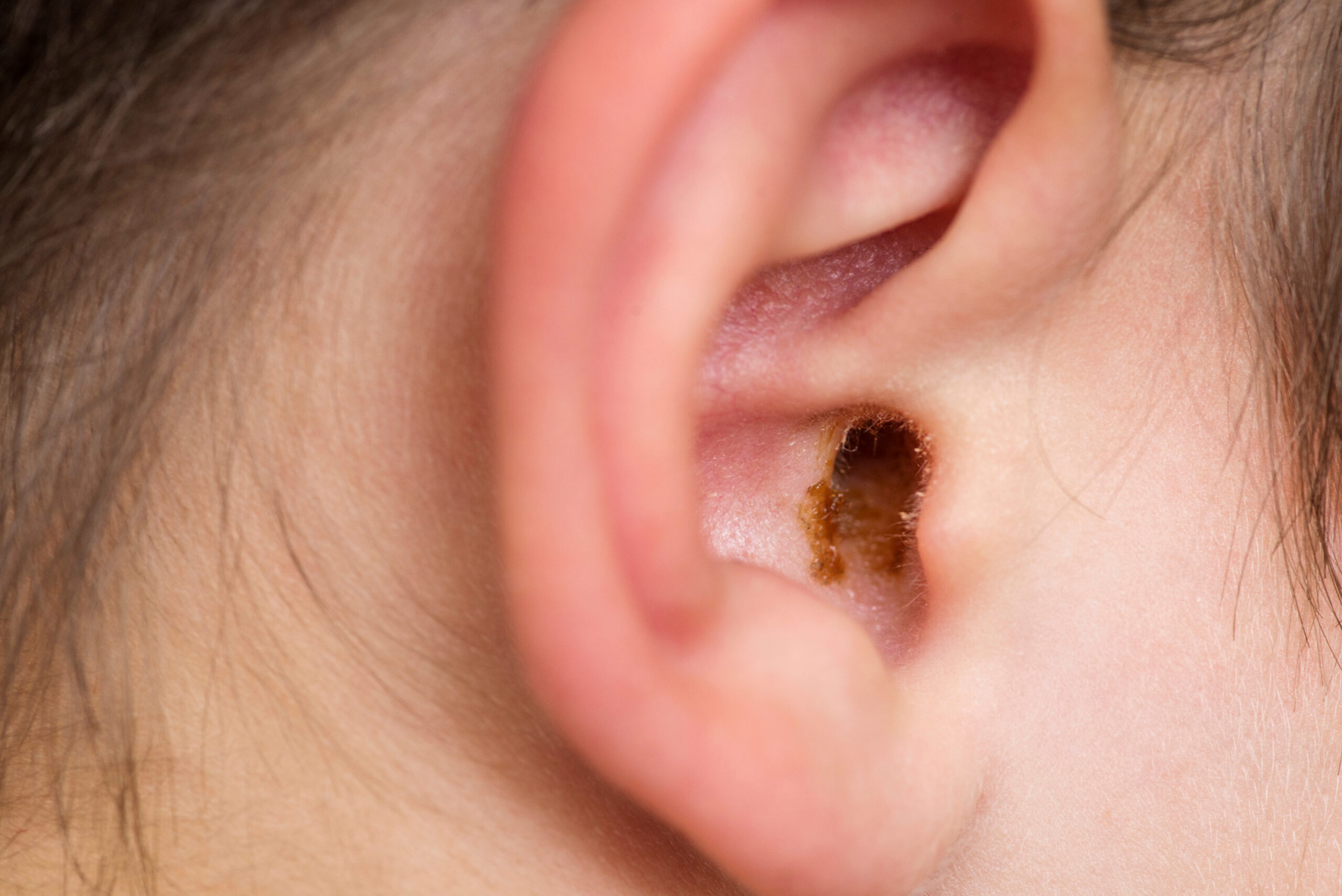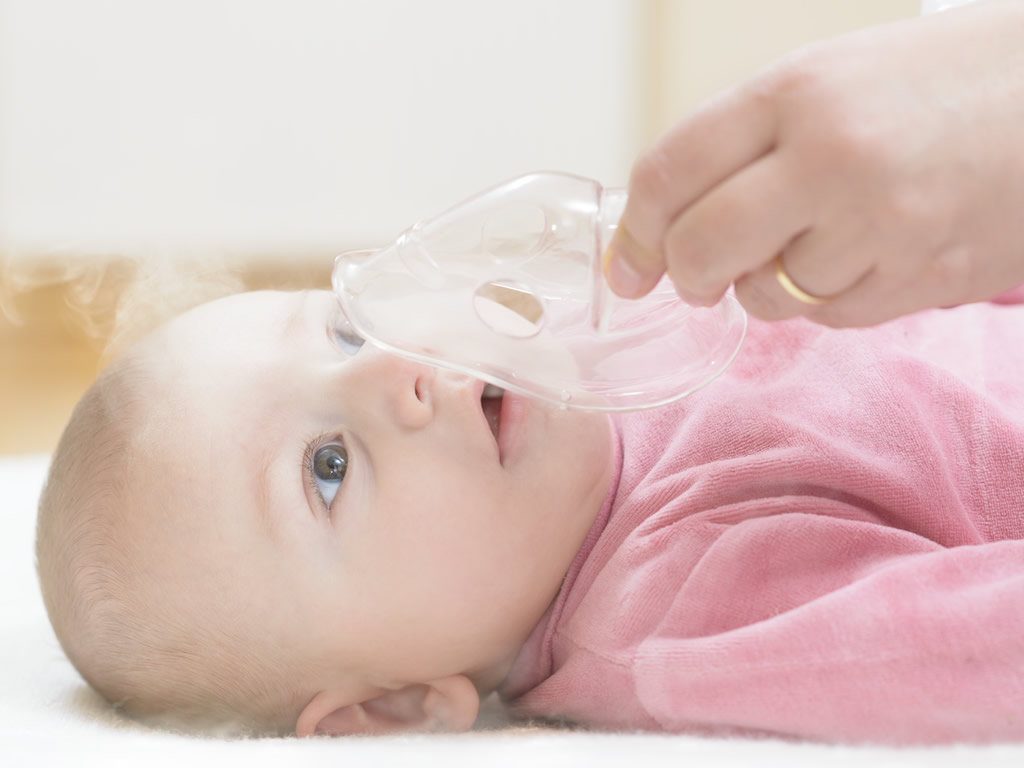Suppose your infant is regurgitating formula, vomits more than a few times a day, and seems uncomfortable. In that case, they may have Gastro-oesophageal reflux disease (GORD). Read on to learn the signs and symptoms of GORD in infants and treatment options.
What is GORD?
GORD, or Gastro-oesophageal reflux disease, is a relatively common digestive disorder in which stomach acid and formula or food from the stomach travels up into the oesophagus. Commonly experienced symptoms include heartburn, chest pain, difficulty swallowing, bloating and nausea.
When to seek medical help for your infant’s GORD
As parents, it is essential to recognise when an infant’s GORD symptoms become severe and require medical attention. Common signs that an infant has developed complications from GORD include sudden weight loss, difficulty gaining weight, ongoing pain or discomfort in the chest or abdomen, refusal to eat, frequent vomiting or almost constant crying during feedings. If any of these conditions persist longer than three weeks, you should seek medical help for your infant. A doctor can evaluate your infant and diagnose them with the appropriate disorder so they can receive appropriate treatment. Doing so can help give your little one much-needed relief and avoid more serious problems occurring down the line.
Treatments for GERD in infants
There are many treatment options available to alleviate GERD in infants. For example, positioning the infant differently while sleeping can also be beneficial and promote better digestion. Additionally, dietary modifications such as avoiding certain foods or expanding on their meals may help reduce symptoms. Most importantly, speaking with Bright Futures Clinic will allow you to devise an individualised plan tailored to your infant’s needs. Remember, you are not alone when it comes to GORD treatments for your infant – with the right guidance and care, you and your baby will find relief from these discomforts together.












Recent Comments